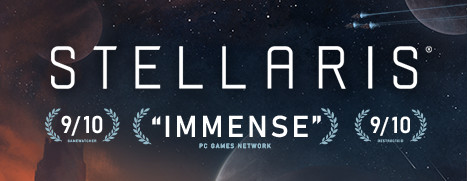
Sep 21, 2017
Crusader Kings II - Valve
Save up to 75% on Grand Strategy titles from Paradox Interactive including Stellaris, Steel Division, Hearts of Iron IV, and more*!
*Offer ends Monday at 10AM Pacific Time


*Offer ends Monday at 10AM Pacific Time























